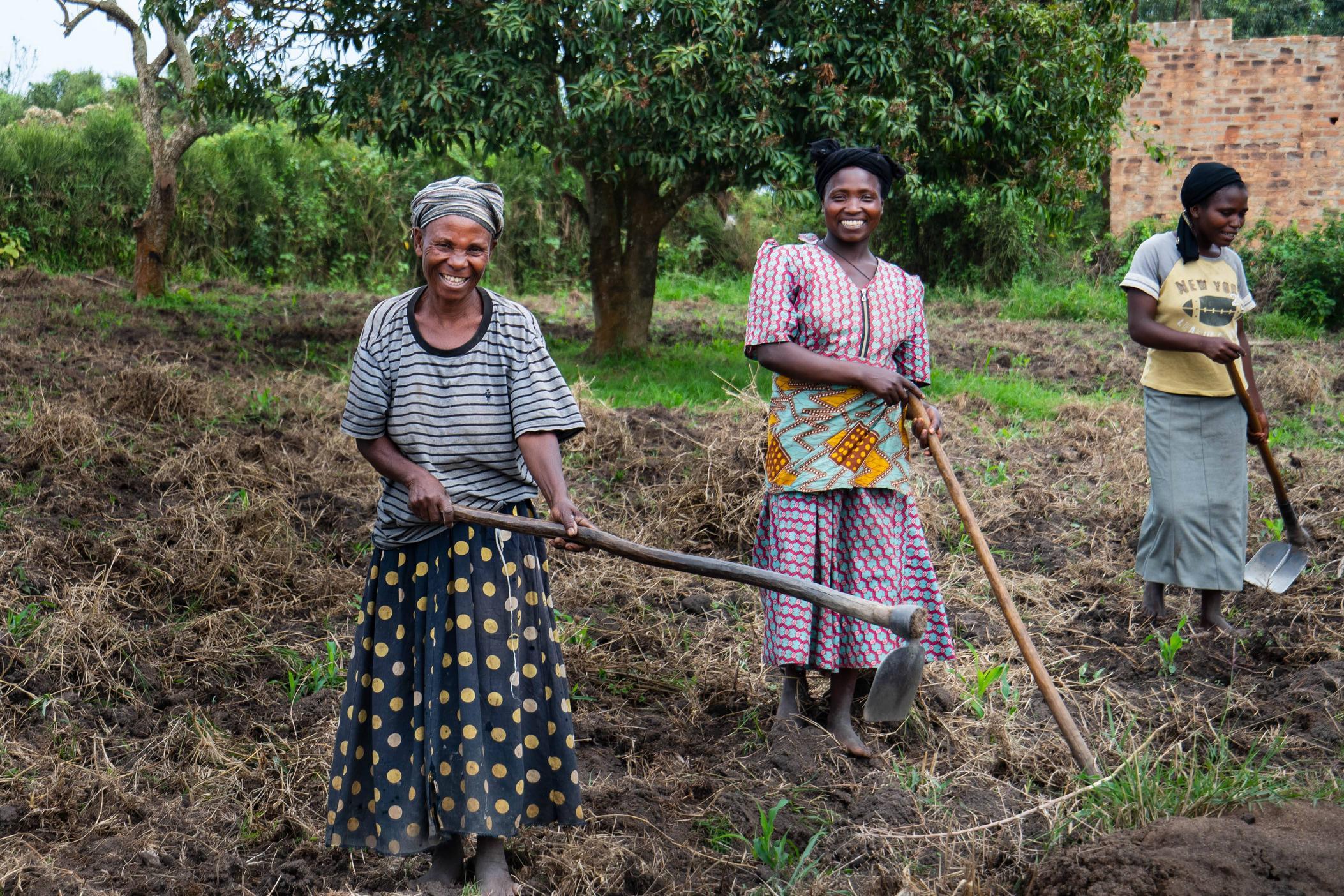GEESI Development and Humanitarian Initiative
January is Cervical Cancer Awareness Month. Cervical cancer is the second most common cancer, after breast cancer. As part of GEESI Development and Humanitarian Initiative efforts to promote preventive health services among refugee populations, we implemented a cervical cancer program in various communities in all 3 settlements to create awareness on cervical cancer. We also engaged in talk shows about cervical cancer in preparation to the ceremony in Ukende settlement. Attached is the link of the talk show https://youtu.be/juzywM-c2hE?si=7XSOvpD9tvqS7dlP. Cervical cancer is a serious health issue that affects many women worldwide. GEESI Development and Humanitarian Initiative commemorated the day on the 22nd of January 2025. In our different presentations, volunteers defined Cervical Cancer, talked about its causes, risk factors, symptoms, treatment, prevention and mitigating strategies. Under Psycho social, we educated the population on Stigma and its effects as per this particular type of cancer on Individuals and the society at large. Below is a write up of what was presented by GEESI DHI Staff and volunteers; Cervical cancer occurs when abnormal cells on the cervix (the lower part of the uterus) grow and multiply uncontrollably, forming a tumor. This is usually caused by HPV (Human Papilloma Virus) and can be prevented through regular screening and vaccinations. Causes and Risk Factors • Human Papillomavirus (HPV): HPV is the primary cause of cervical cancer. There are over 100 types of HPV, and some high-risk types can lead to cervical cancer. • Weakened immune system: Women with weakened immune systems, such as those with HIV/AIDS, are more susceptible to cervical cancer. • Smoking: Smoking increases the risk of cervical cancer. • Family history: Women with a family history of cervical cancer are at higher risk. Symptoms • Abnormal vaginal bleeding: Bleeding between menstrual periods, after sex, or after menopause. • Pelvic pain: Pain in the lower abdomen or pelvis. • Unusual vaginal discharge: Thick, foul-smelling discharge. Prevention and Early Detection • HPV vaccine: The HPV vaccine can protect against high-risk HPV types that cause cervical cancer. • Pap test: Regular Pap tests can detect abnormal cell changes before they become cancerous. • Screening guidelines: Follow recommended screening guidelines, such as getting a Pap test every 3 years for women aged 21-29. Treatment Options • Surgery: Surgery to remove the tumor, cervix, or uterus. • Radiation therapy: Radiation to kill cancer cells. • Chemotherapy: Chemotherapy to kill cancer cells. Awareness and Action • Get vaccinated: Encourage eligible individuals to get the HPV vaccine. • Get screened: Follow recommended screening guidelines. • Know the risks: Educate yourself and others about cervical cancer risks and prevention. In conclusion, we had a great number of persons in the program; they were really excited and applaud the efforts of GEESI DHI. In total we had a population about condition. Overall, we had approximately 87 participants, with 75 women and 12 men in attendance. The event culminated in a thoughtful question-and-answer session, during which participants were graciously gifted menstrual kits. Furthermore, we offered personalized counseling sessions for individuals seeking additional support.

11:08 am · Jan 29, 2025
1
Collective change
Aug 22, 2022
Sep 05, 2022
Oct 13, 2022
Blogs
Nov 12, 2024






0